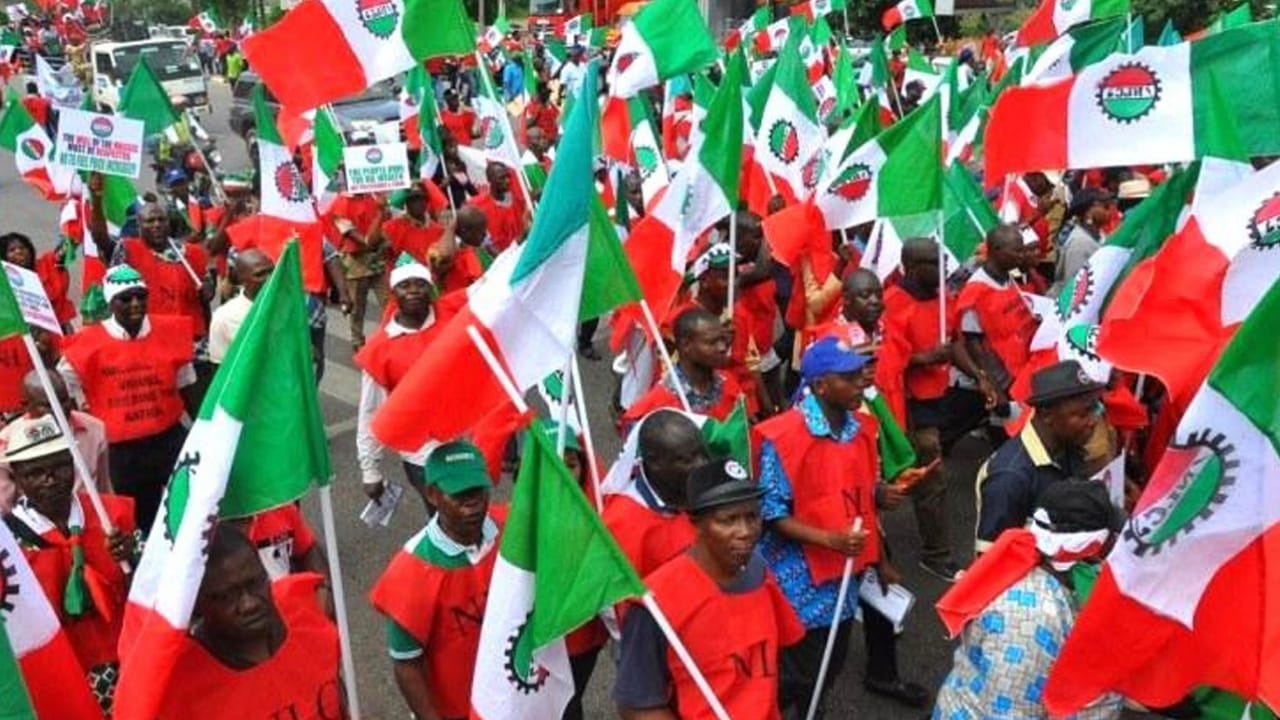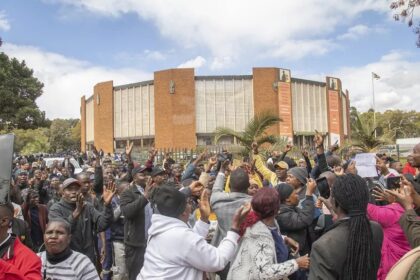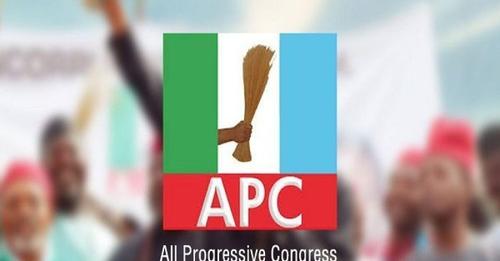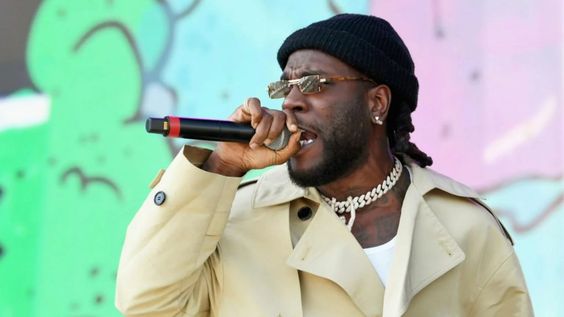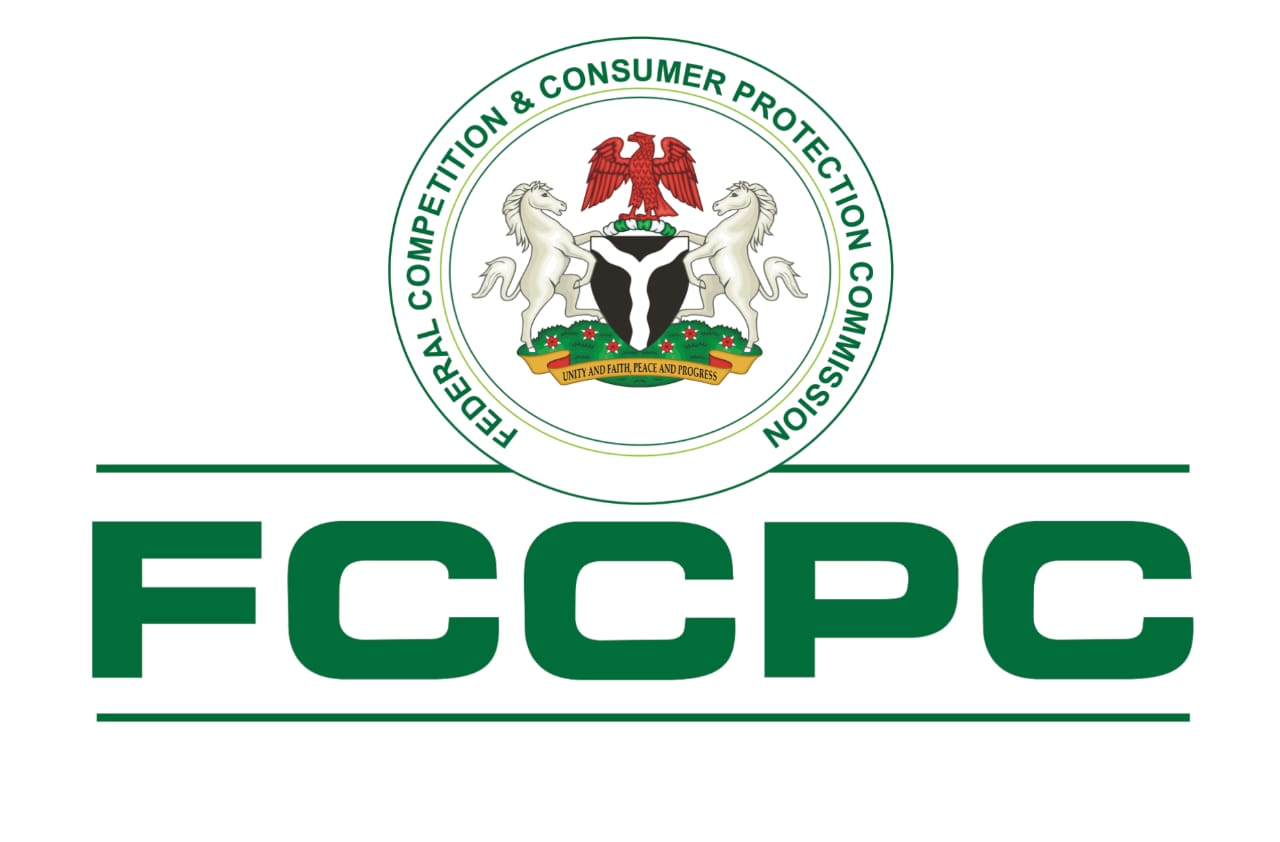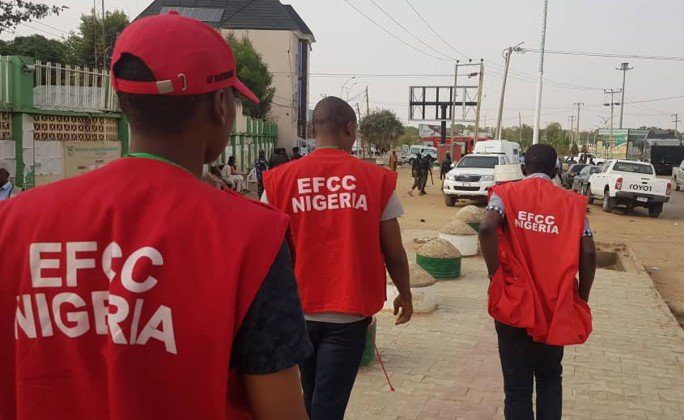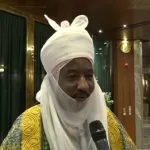Ola Olukoyede, the chairman of the Economic and Financial Crimes Commission (EFCC), has urged Nigeria’s religious authorities to get more involved in the battle against cybercrime and corruption.
At the Nigeria Inter-Religious Council (NIREC) meeting in Abuja on Thursday, Olukoyede made the call during a session titled “The Role of Religious Leaders in Combating Corruption and Cybercrime.”
He emphasised the critical role religious leaders play in forming the moral fabric of society and asked them to use their influence to promote integrity and transparency. Mr. Wilson Uwujaren, interim Director, Corporate Affairs of the commission, represented him.
Olukoyede bemoaned the fact that corruption has impeded Nigeria’s progress, hence sustaining poverty and instability, despite the nation’s abundant natural and people resources.
“Looters’ ethnic and religious backgrounds didn’t matter as long as their hands were on the till, which is why it takes teamwork to defeat the common enemy,” he continued.
Read Also: EFCC captures 20 alleged internet fraudsters in Abuja
NIREC is a non-profit organisation founded by representatives of Nigeria’s two main religions, Islam and Christianity, and consisting of 50 members (25 Muslims and 25 Christians).
He claimed that despite having all the necessary resources—people and minerals—Nigeria is being prevented from becoming the true behemoth of Africa by corruption.
According to Olukayode, the majority of public servants in the nation view their position as a means of amassing riches.
He claimed it was hard to understand how Nigeria, which was regarded as having one of the world’s most devout societies, could also claim the title of being among the most corrupt countries.
Olukayode expressed regret over the fact that a small number of preachers in today’s world are actual examples of the Bible.
Some preach against corruption but have no qualms about giving wealthy individuals with dubious financial sources the front row at places of worship.
“People with dubious backgrounds are occasionally bestowed with religious titles as well,” he remarked.
The head of the EFCC also urged religious leaders, in an effort to ensure a consistent supply of milk from their flocks, to not turn a blind eye to immoral activity and ethical decay.
Many behaviours are calling into doubt the clergy’s validity as moral authorities. One of these is the prioritisation of prosperity over morality.
He claimed that “this has created the impression that instant wealth is approved by God, regardless of how it was obtained.”

